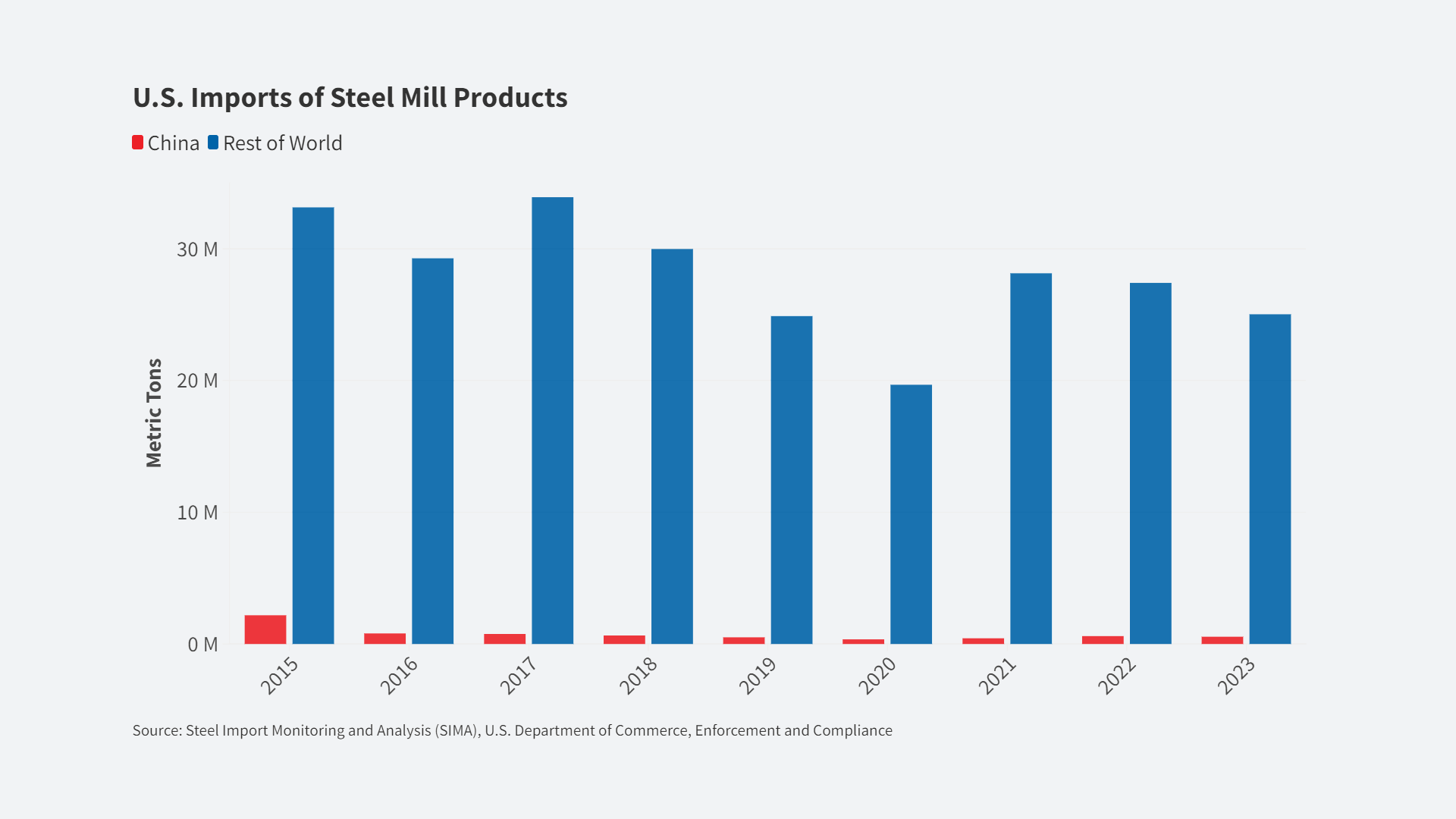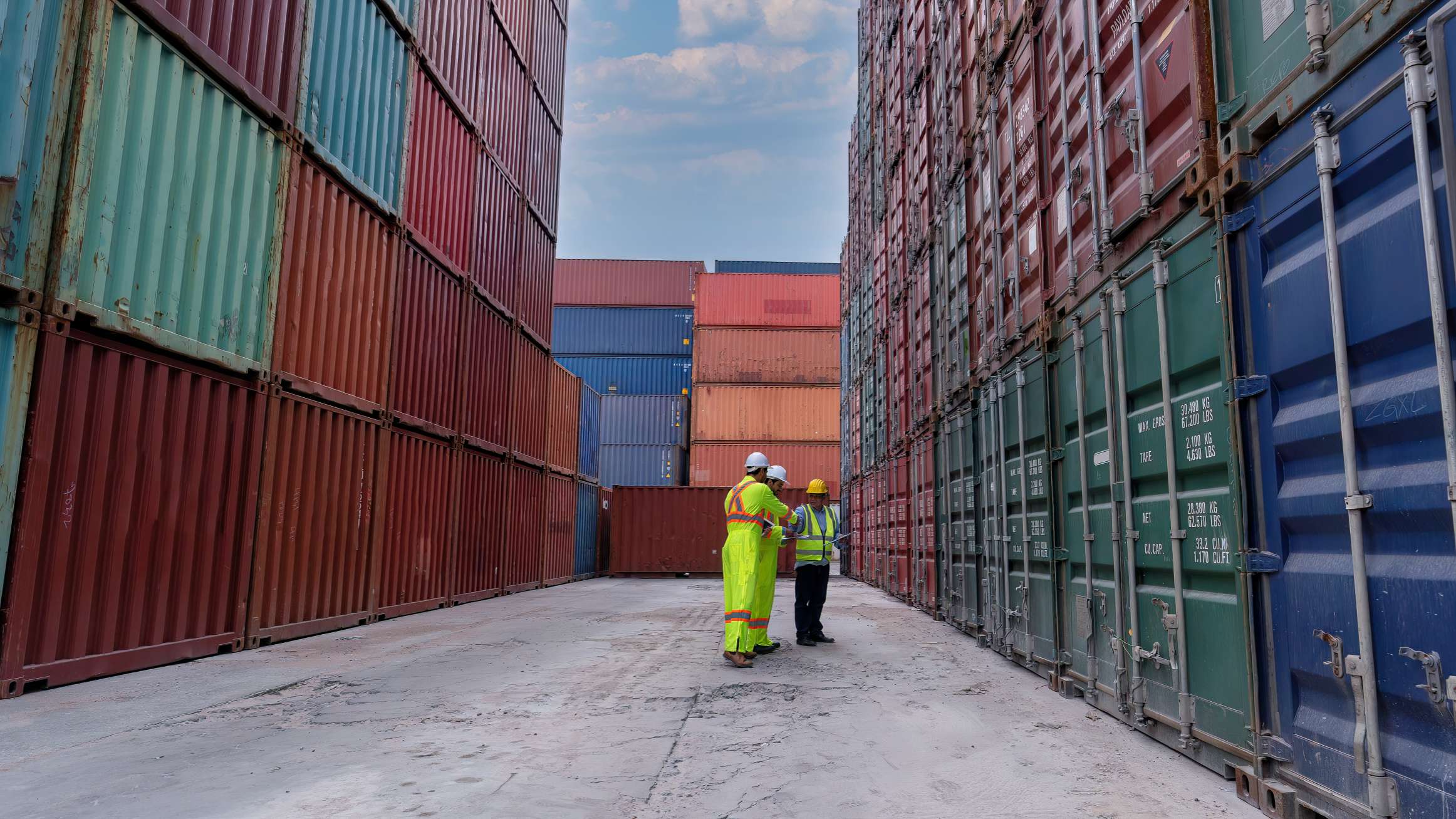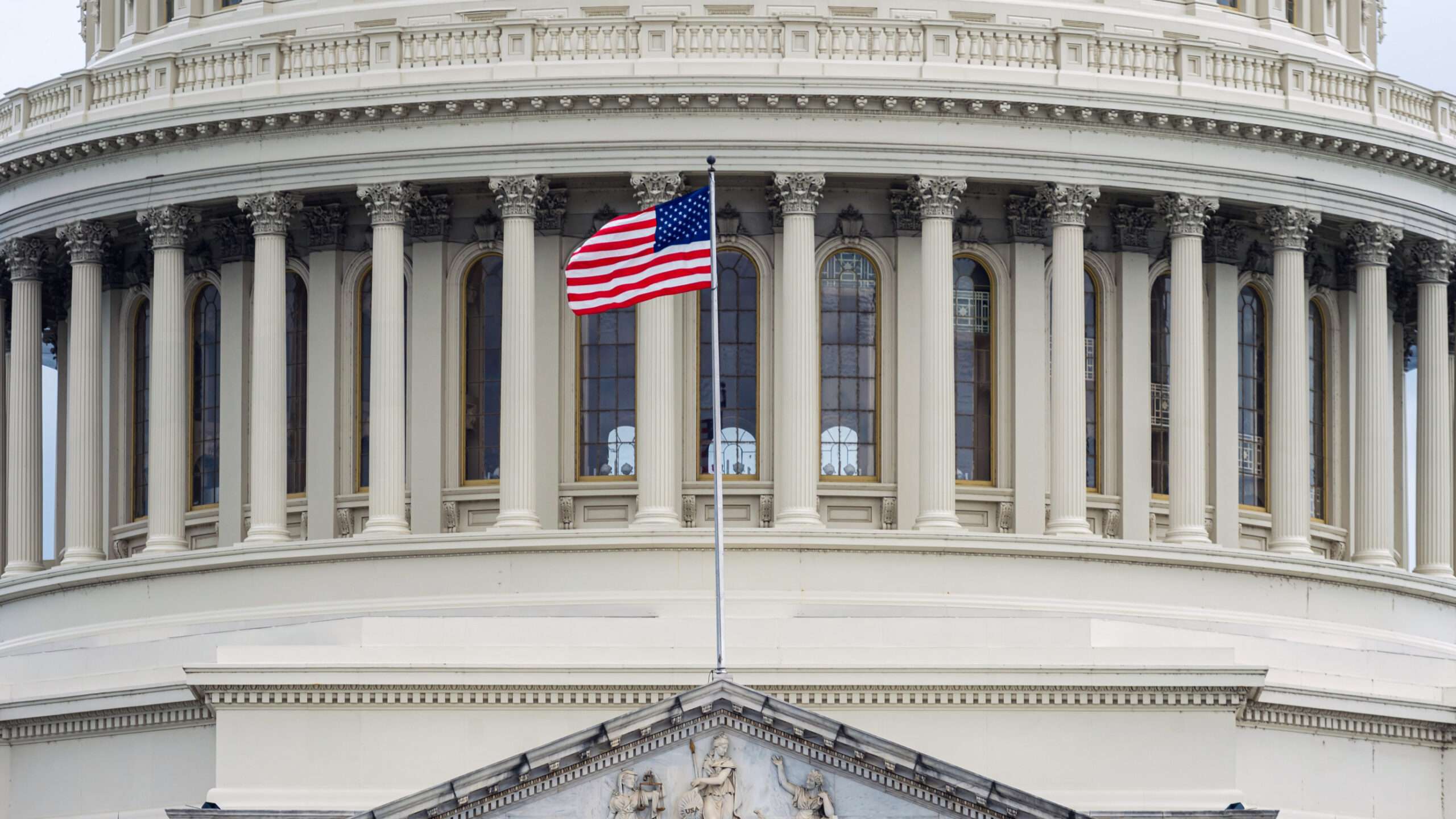
On behalf of the 8,500 men and women of AK Steel, last week I traveled to Washington D.C. to talk about an urgent and important matter that is threatening America’s steel industry.
[Roger K. Newport| April 21, 2016 |Cincinnatti.Com]
I joined industry leaders who testified before representatives of the U.S Department of Commerce, the U.S Trade Representative and the U.S. Congressional Steel Caucus. Our ask was simple: we need our U.S. government to strictly enforce existing trade laws.
The demand for steel remains relatively solid in America. However, China produces massive amounts of steel beyond what their country needs. China continues to export that oversupply and dump it at unfairly low prices around the world, including the U.S. That’s led to an unprecedented oversupply of steel globally that has severely harmed our industry. I have been in the steel industry for more than 30 years, and I have never seen the conditions in the marketplace that we have experienced over the last two years.
Enforcing U.S. trade laws can stop the dumping of steel, and ensure that foreign steel producers have to follow the same regulations to sell their products here that U.S. steel manufacturers do. It also creates a fair market where steel manufacturers in the U.S. can compete and win.
Why does this matter? American steel is critical to our national defense, and AK Steel’s high-efficiency electrical steels used in electric transformers serve as the backbone to our nation’s electrical grid system. AK Steel is the leading supplier in the United States that makes these electrical steel products.
AK Steel has been an innovator since our business was founded in Ohio in 1899. Despite the challenging global steel industry conditions, we continue to invest in the future of our business. Last year, we began constructing our new Research and Innovation Center in Middletown, and we announced an investment to produce next-generation Advanced High Strength Steels to help our automotive customers make more fuel efficient cars and trucks. Earlier this year, we completed an expansion to produce high-value added electrical steels.
Unfortunately, excess steel capacity largely caused by China has made it impossible for AK Steel to obtain a true market-based rate of return on our investments. We simply have not received the return that would have been possible on a fair and level playing field.
As a result of these challenges, last December our company made the difficult decision to temporarily idle portions of our Ashland Works facility in Ashland, Kentucky, and lay off more than 600 hard-working employees. This is particularly hard for the Ashland community because even the temporary loss of jobs results in less spending at other local businesses, and puts jobs at suppliers and related industries at risk.
That’s why we are urging the U.S. government to adopt strong and efficient policies to address these problems.
First, the U.S. government should strictly and thoroughly enforce our existing trade laws. It’s that simple – enforce the law.
Second, the U.S. government should continue to treat China as a non-market economy for the purpose of anti-dumping laws.
And finally, the U.S. government needs to recognize that trade relief on China alone may not be sufficient to address the problem of global overcapacity of steel. Without effective actions, the overcapacity simply causes other countries to increase their exports to the U.S.
We urge you to join us in asking our government officials to take immediate action to address the trade issue and ensure that unfair imports do not destroy the American steel industry and the related jobs that help to build our great country.













